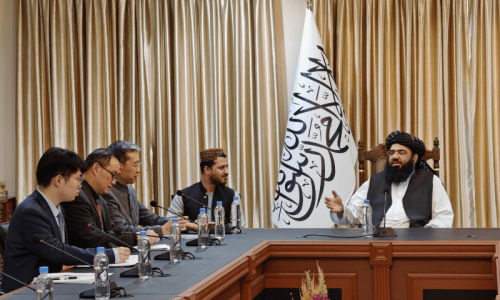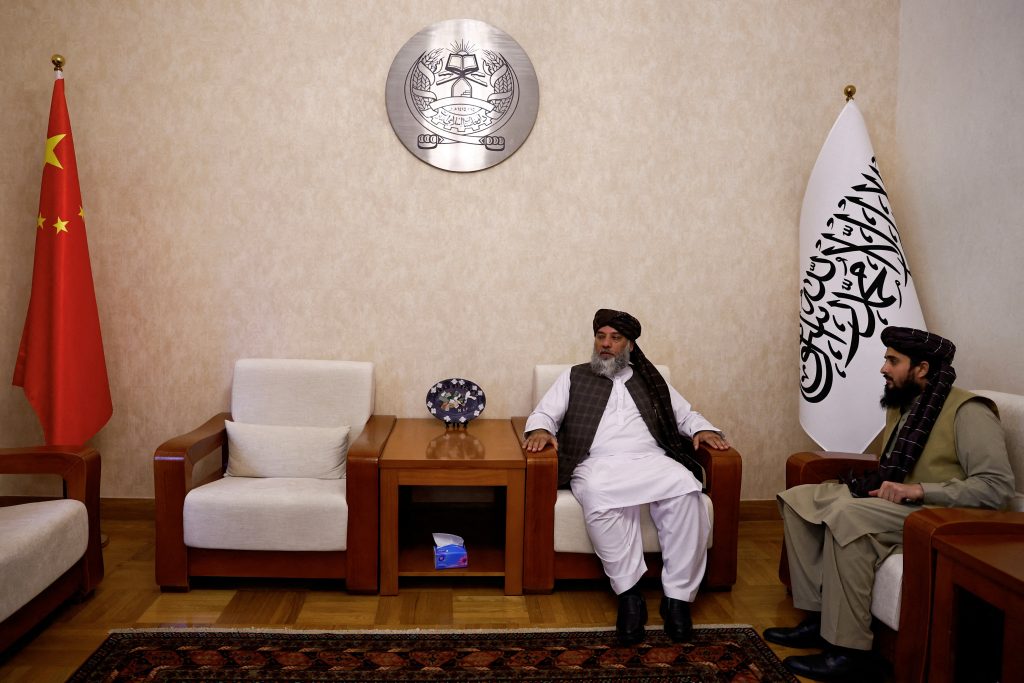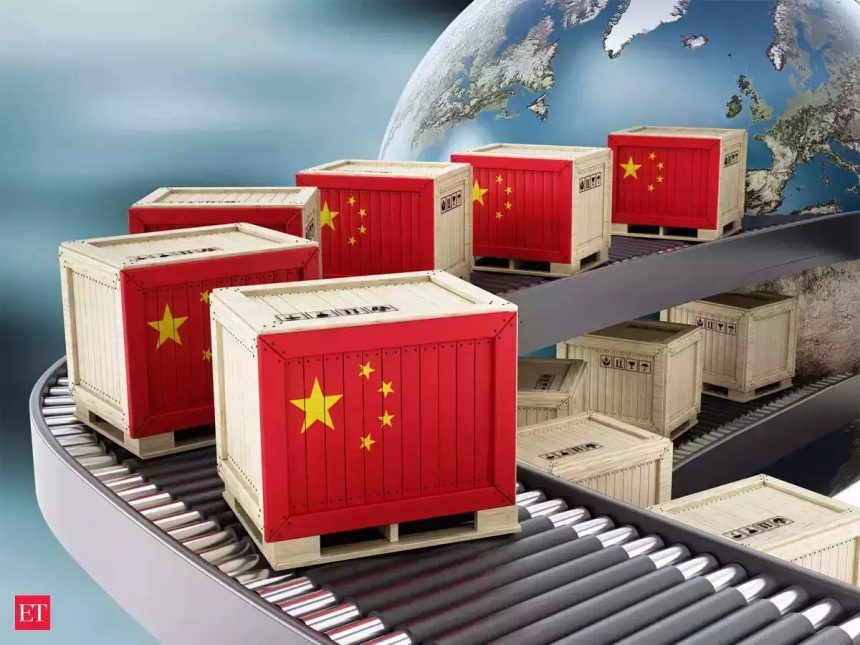China Expands Economic Outreach to Taliban with Zero-Tariff Trade Access
In a strategic move to deepen economic ties with Afghanistan, China has announced tariff-free trade access for Afghan exports, signaling potential opportunities for the Taliban to tap into Chinese markets in sectors like construction, energy, and consumer goods.
This initiative offers the Taliban an economic lifeline as Afghanistan grapples with a collapsed economy and limited international financial support due to concerns over human rights issues.
Since the Taliban’s takeover in 2021, Beijing has cautiously engaged with Afghanistan’s new regime, though it has yet to officially recognize it. However, China’s interest in Afghanistan’s untapped resources—particularly its lithium, copper, and iron deposits—aligns with its broader supply chain security objectives. For the Taliban, selling mineral resources to China could generate essential revenue, particularly as the country’s central bank reserves remain frozen internationally.
Zhao Xing, China’s ambassador to Afghanistan, shared on social media that “China will offer Afghanistan zero-tariff treatment for 100% tariff lines,” posting a photo from his meeting with the Taliban’s acting deputy prime minister Abdul Kabir. Afghanistan’s exports to China reached $64 million last year, mainly in pine nuts, though the Taliban are eager to diversify trade by attracting foreign investment to harness Afghanistan’s mineral wealth.

China’s approach in Afghanistan appears to mirror its development strategy in other fragile regions, like the Horn of Africa, where economic development is promoted as a countermeasure to security and terrorism threats. Eric Orlander, co-founder of the China-Global South Project, notes that “China’s answer to everything is build a road, and from that, economic development will lead to peace and harmony.”
Although skeptics argue that security and logistical hurdles could complicate the extraction of minerals, China’s focus on infrastructure development as a means of stabilizing the region reflects its belief in economic growth as a foundation for peace.
READ ALSO: Europe Moves to Fortify Russia Sanctions Amid Concerns of Potential U.S. Policy Shift Under Trump
With tariff-free access now on the table, Afghanistan has an opportunity to capitalize on Chinese markets, helping the Taliban administration find a path toward economic recovery in an otherwise isolated landscape, Reuters.
This collaboration, however, is not without risks. China’s Xinjiang region and investments in Pakistan could be impacted if Afghanistan becomes a haven for militant groups. For now, though, Beijing appears willing to deepen economic ties with the Taliban, balancing regional stability with its strategic goals in Afghanistan.
China is set to grant duty-free access to goods from Afghanistan and other least-developed countries with formal ties to Beijing, expanding its economic engagement with the Taliban-led administration. Starting December 1, Afghanistan will be able to export goods to China’s $19 trillion economy tariff-free, a policy reaffirmed by China’s Vice Commerce Minister Tang Wenhong during a recent press briefing.
China has shown particular interest in Afghanistan’s vast mineral wealth, with companies like the Metallurgical Corp of China Ltd discussing potential projects with Taliban officials, including a significant copper mining venture.

President Xi Jinping’s decision to include Afghanistan in this tariff-free trade initiative underscores a growing collaboration, as Chinese companies play a vital role in rebuilding Afghanistan’s infrastructure.
According to Reuters, Afghanistan has expressed interest in formally joining China’s “Belt and Road” initiative and hopes to participate in the China-Pakistan Economic Corridor, a $62 billion project connecting Xinjiang to Pakistan’s Gwadar port.
The expansion of these partnerships could offer the Taliban much-needed revenue and infrastructural development while reinforcing China’s regional influence through mutually beneficial trade and connectivity projects.

